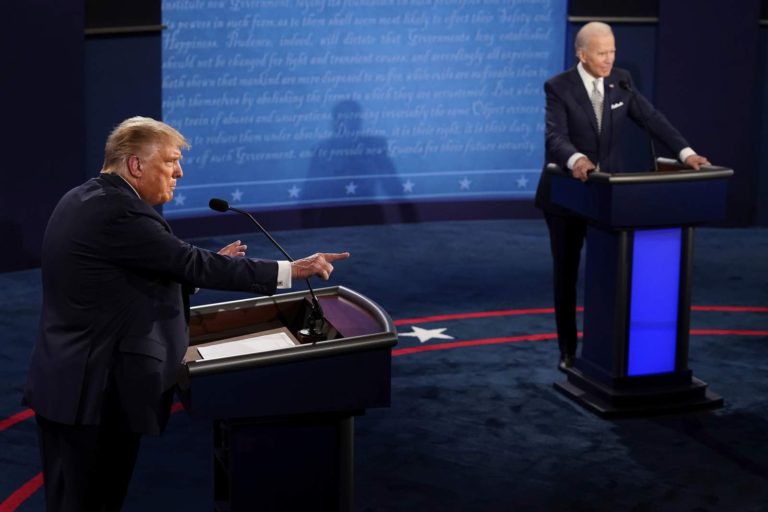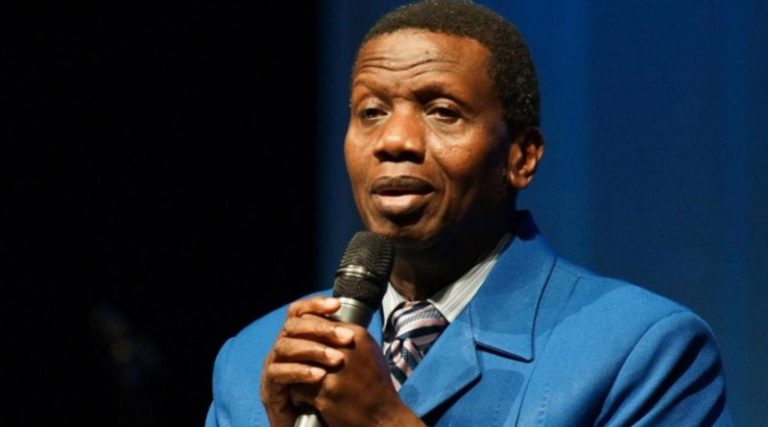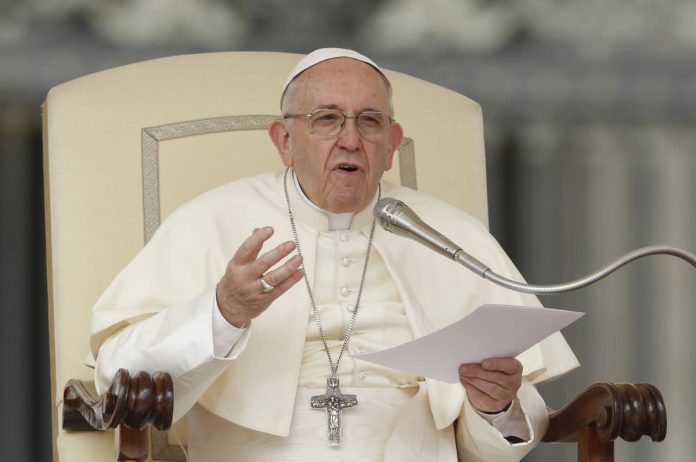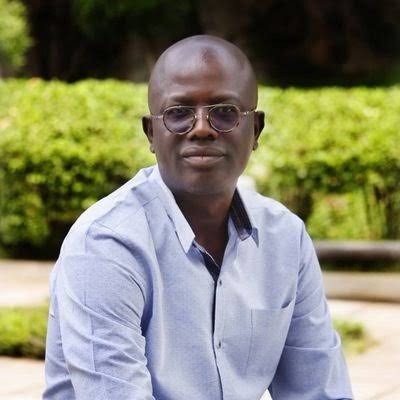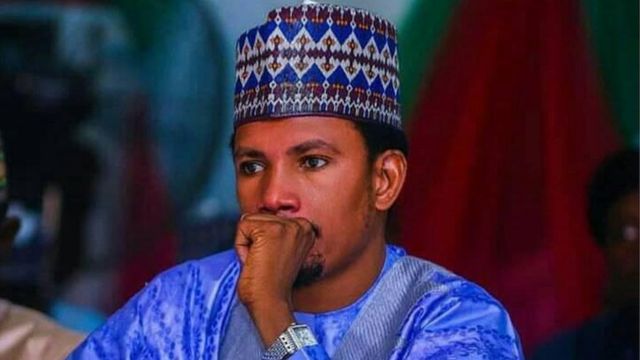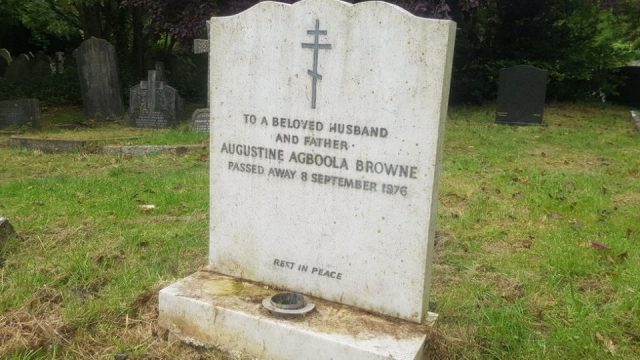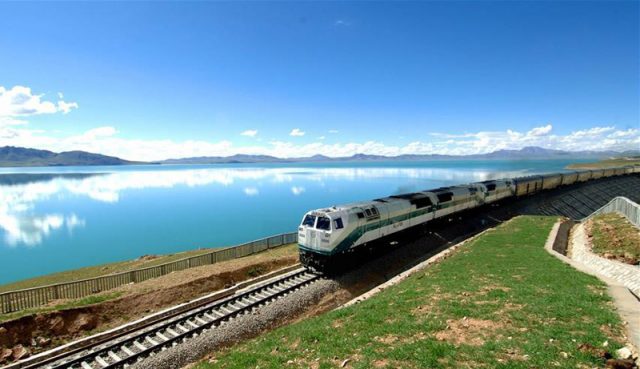According to news reports, he warned that if nothing was done to restructure, the country might break up, even though he didn’t pray for it to happen.
You had to read it twice and pinch yourself to believe that it was Adeboye. It was like the Pope giving a hint that the Church could lose its female members if it didn’t amend the Code of Canon or the Ordinatiosacerdotalis.
Adeboye doesn’t just talk. As the leader of one of Nigeria’s largest Pentecostal churches with branches in over 160 countries around the world and a membership of over 50 million, he chooses his words carefully.
Recently when some Christian religious leaders mounted a vigorous protest against the amendment of portions of the Companies and Allied Matters Act (2020), Adeboye chose a different approach. He sought private audience with President Muhammadu Buhari and refused to speak when the press later asked him what the visit was about.
The only appearance of a radical public posture in recent times was Adeboye’s visit to former Governor Ayo Fayose of Ekiti State at the height of the state’s bloody encounters with herdsmen. Fayose expectedly framed that visit as an endorsement of his decision to hang any trespassing herdsmen by the horn of their cows.
Apart from that visit and a few incursions on the domestic issue of whether or not a woman who cannot cook is ready and fit for marriage, Adeboye has largely minded the gospel – until last week.
He said at a church symposium to mark Nigeria’s 60th independence anniversary, that one lasting way to tackle the country’s socio-economic and political fissures was to restructure. In a message that could have been entitled, “Restructure or Die”, Adeboye asked, “Why can’t we have a system of government that will create what I call the United States of Nigeria?”
He explained that under the system he had in mind, there would be at the federal level, a president and a prime minister with different constitutional roles.
“For example,” he said, “if the president controls the army, the prime minister controls the police. If the president controls resources like oil and mining, the prime minister controls finance and inland revenue, taxes, customs, etc. You just divide responsibilities between the two.”
This system of shared responsibilities, with a role for traditional rulers under a composite mix of the presidential and parliamentary forms of government, he said, could also be replicated in states and so on.
While the Presidency has largely ignored other calls for restructuring, it found Adeboye’s a bit hard to swallow. Within a day or two of Adeboye’s statement, the Presidency shelled back, warning as it often does, that it would not be blackmailed or stampeded by threats that the country could break up.
If what Adeboye said could really break up Nigeria – in spite of his qualifiers, sugarcoating and surface-scratching – then we’re in far greater trouble than was thought.
Of course, Adeboye is late to the party, perhaps conveniently so. Vice President Yemi Osinbajo a front-seat member of Adeboye’s church would remember that the Action Congress of Nigeria (ACN) which produced him for the ruling All Progressives Congress (APC), sold itself on the ticket to restructure the country five years ago.
The problem was that the Congress for Progressive Change (CPC) and soon-to-become-dominant partner among the legacy parties treated restructuring with single-minded indifference, contempt or malicious silence – depending on what time of day the matter came up.
The core CPC represented by President Buhari holds anyone who talks about restructuring in contempt, if not suspicion. This cauldron has now enmeshed Osinbajo, strong member of the RCCG, champion of restructuring by litigation, and the Southwest’s gift to Abuja.
Like the proverbial frog, Osinbajo has learnt, painfully, to croak without choking and it has been Adeboye’s burden to refrain from complicating matters for his spiritual son.
But the danger of isolation for Adeboye has mounted. In the last few weeks, former President Olusegun Obasanjo; Professor Wole Soyinka, Lt.-General Alani Akinrinade, Pastor Tunde Bakare, Ohaneze Ndigbo members, South South groups, and ranking members of the Southern and Middle Belt Forum, the National Working Group for Peace-building and Governance (comprising persons such as Cardinal John Onaiyekan, General Martin Luther Agwai, Professor Attahiru Jega, Professor Jibrin Ibrahim, Aisha Mohammed Oyebode, and Dr. Usman Bugaje), have lent their voices to the call for restructuring.
Adeboye just couldn’t pretend anymore not to hear or trust that his usual back channel would be any use this time.
His public intervention apparently ruffled Aso Rock feathers;yet, he didn’t go far enough. Shared executive responsibilities worked between the biblical Pharaoh and Joseph because Pharaoh was an absolute monarch who shared power with Joseph at the king’s pleasure. That changed when a new king arose who did not know Joseph.
Today, shared executive responsibilities may sound good for deputies tired of being spare tyres under the present constitutional arrangement, but it’s a recipe for bloody turf wars. And worse, it hardly addresses the fundamental question of restructuring.
We don’t need a “United States of Nigeria” as Adeboye suggested or a composite of political systems that appeases a particular section of the country. It is both a fiscal and structural thing.
It’s fiscal in the sense that there’s no longer reasonable justification for the Federal Government to collect 52.6 percent of federal revenue from which it decides, for example, to spend $1.96billion to build a railway line from Kano to Maradi in Niger Republic. Or for it to spend billions of naira yearly to maintain the Niger Delta Development Commission (NDDC), not because it serves the communities but because it serves the interests of a few Abuja politicians who happen to come from that area.
And God knows the way we’re going all the other zones will not rest until they also have “special development commissions” of their own, funded by the Federal Government and under the wasteful care of Abuja politicians.
The argument for fiscal federalism, which is a vital part of restructuring, is not to ask what the states are doing with their monthly dole from Abuja. It is to ask what the incentive is for the states to think and behave differently if they can always depend on the dole from Abuja to indulge their worst excesses.
And of course, Abuja is happy to oblige because it also carries a financial overload in ministries, departments, agencies, and useless commissions which consume in recurrent expenses about 80 percent of income largely generated from oil rent.
If states were to fund their own local governments and commissions and also pay governors’ security vote from tomorrow, for example, they would think differently about what to do and how. It would also be interesting to see how many of them would afford to maintain a “house of chiefs” or a “house of emirs”.
In a restructured system, contiguous states may decide to fund joint services and infrastructure, while they maintain only what is essential. This point was extensively made in the report of the 2014 constitutional conference, a document that Buhari said he had not read five years ago.
But there’s also a structural part to it, which obviously would require constitutional amendment. Restructuring means devolution of powers that reduces the items on the Exclusive List (68 of them apart from 30 others in the Concurrent on which the Federal Government can also make laws) and expands to states powers exercisable in matters of policing, prisons, copyright, trade and commerce between states, railways, waterways, and registration of business names, among others.
The current shenanigans in the National Assembly cannot continue in a restructured country. Membership of the National Assembly (even state assemblies) would be part-time and Question Time could be a part of the deal.
The case has also been made for a modified judicial system, one that is more client- and service-driven and perhaps, a separation of the offices of the attorney general from that of the minister of justice, and for a constitutional court that can enforce fundamental human rights.
Through judicial intervention over time or restructuring by litigation, as Osinbajo once described it, a state like Lagos, for example, has clawed back swathes of federal wasteland, in areas such as creation of local governments, physical planning, title registration, registration and production of vehicle number plates, casino licensing, and inland waterways.
These gains have significantly improved the revenue of states, but their brains are still wet with oil money. And yes, in spite of the gains, there’s still a whole lot more that the current oppressive system will not allow or that it allows in a perverted way.
If the hisbah police in Zamfara State, for example, is keen to enforce the prohibition of the sale of alcohol by smashing hundreds of beer bottles, the state cannot be rewarded for its “righteous pursuit” with filthy lucre from taxes collected on VAT from beer companies in Lagos or Port Harcourt. There is more, much more to restructuring than asking for shared executive responsibilities between the president, governors and their deputies.
APC does not need Adeboye to say that it is playing with fire, which is what Aso Rock’s blustering amounts to. Before the 2019 general elections when the party sensed that it was losing grounds for failing to keep its promise to structure after four years, it claimed that a committee headed by Governor Nasir El-Rufai of Kaduna State would look into the matter.
If the governor did anything at all, he simply prepared the coffin for the idea, hoping to bury it quietly after the election. But that’s not working. And it won’t because this is one ghost that would not be appeased by threats to silence those demanding it or by pretending that they’re talking nonsense.
It’s not about shared executive burden, not about a United States of Nigeria. Not even about what makes the Presidency comfortable. And yes, it’s just as radical as amending the Ordinatiosacerdotalis.
It is what it is: restructure or die.
Ishiekwene is the MD/Editor-In-Chief of The Interview

